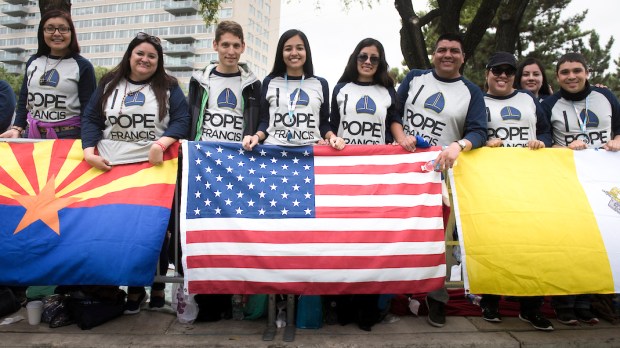A new study released by Pew Research Center found that adults living in the United States are significantly more religious than their Western European counterparts. Surprisingly, different results came from very similar demographics, at least as far as religion is concerned: the majority of citizens on both sides of the pond consider themselves Christian and about a quarter of each population remains religiously unaffiliated.
The study, which drew from research collected on the religious landscape of the US in 2014 and a 2017 survey of Western Europeans, found that nearly two thirds (68 percent) of US Christians pray everyday. This number dwarfs the median score of the 15 Western European countries surveyed, which sits around 18 percent. The lowest rate of daily prayer was seen in Britain, just 6 percent, and the highest in Netherlands, 38 percent.
Stronger religious leanings were seen even in those Americans who remain religiously unaffiliated, 27 percent of whom believe in God with absolute certainty. In Western Europe, however, only 3 percent of those who identify as agnostic, atheist, or “nothing in particular” believe in God.
Most surprisingly, Pew Research notes that religiously unaffiliated Americans pray more frequently than Western European Christians:
While 20% of U.S. “nones” pray daily, only 6% of Christians in the UK do so. And religiously unaffiliated Americans are about twice as likely as German Christians to believe in God with absolute certainty (27% vs. 12%).
Over all, Americans are more likely to believe in the biblical description of God, with 56 percent against Western Europe’s 27 percent. When asked about traditional notions of God — that God “loves all people regardless of their faults,” “knows everything that goes on in the world,” and “has the power to direct or change everything that goes on in the world.” — 61 percent of Americans agreed that God is all-powerful. The median across all European countries polled was only 25 percent.

